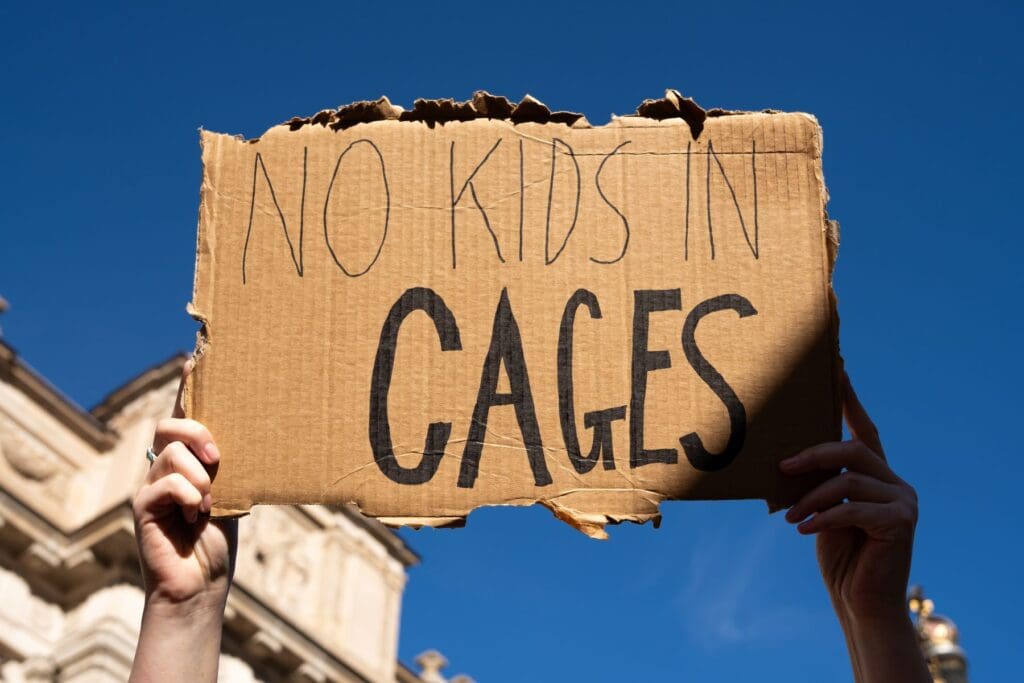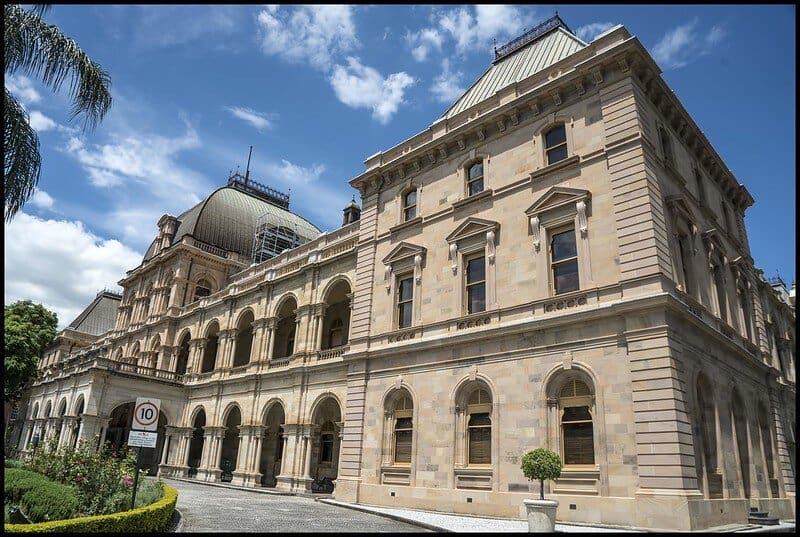University of Melbourne urged to drop repressive anti-protest and surveillance policies
The University of Melbourne is being urged to abandon policy changes that restrict staff and students’ right to protest and permit the widespread surveillance of people using their wifi network.
The Human Rights Law Centre, Human Rights Watch and Amnesty International have written to the University of Melbourne’s Vice Chancellor citing serious concerns with the ill-defined restrictions on all protests at the University, including a ban on indoor protests, and amendments to its Wireless Terms of Use policy which permits the surveillance of all users without any suspicion of wrongdoing or misuse of the network.
That means staff and students who engage in peaceful sit-ins or protests viewed as ‘disruptive’, such as those calling on the University to drop its relationships with weapons manufacturers or fossil fuel companies, now risk severe disciplinary action including having their enrolment terminated. The University can also now use its wifi networks to track and locate staff and students, and monitor their activities, even when there is no suspicion of wrongdoing.
Universities are cornerstones of our democracy, where people should be able to express ideas, gather peacefully and have difficult conversations. Staff and students also have rights to privacy and should not be surveiled by their workplaces and places of learning. These rights to freedom of expression, thought, conscience, religion or belief – alongside the right to peaceful assembly and association, and right to privacy – are fundamental human rights protected by Victoria’s Charter of Human Rights and international human rights law.
Universities must uphold these rights and drop these anti-protest and surveillance policies.
Sarah Schwartz, Legal Director, Human Rights Law Centre said:
“Students should be commended, not punished, for peacefully standing up for human rights. The right to protest is fundamental to our democracy, and throughout history students and staff at universities have been at the forefront of driving positive social change – from standing up for marriage equality and climate action to organising against mandatory conscription during the Vietnam War.
“Universities must be spaces where critical debate and diverse perspectives are not only tolerated but encouraged. These repressive and draconian policies by the University of Melbourne will have a chilling effect on campus life. They run counter to the very purpose of the University and will erode staff and students’ rights to freedom of political expression peaceful assembly, and privacy. “
Mohamed Duar, Occupied Palestinian Territory Spokesperson, Amnesty International Australia said:
“Students and staff have every right to peacefully protest how their tuition fees are allocated. But, rather than respecting human rights, universities around the world are repressing their human rights in response to months of protests in solidarity with Palestinians.
“Students and staff taking part in peaceful protests shouldn’t face surveillance and disciplinary action, including suspension and expulsion. Universities should be spaces where student’s rights to privacy, to freedom of expression, and freedom of assembly are respected and protected.
“Amnesty calls on the University of Melbourne to respect the rights to privacy, and to drop these harmful policies.”
Annabel Hennessy, Australia researcher, Human Rights Watch said:
“The University of Melbourne’s new policies are likely to have a serious chilling effect on the freedoms of expression and opinion of students and staff.”
“The University should immediately drop the policies to ensure students and staff’s basic rights to free speech and privacy are protected.”
Media Enquiries
Chandi Bates
Media and Communications Manager

Expanded protections for marginalised groups welcomed in Allan Government’s anti-vilification laws
The Human Rights Law Centre welcomes the additional protections for marginalised groups in anti-vilification laws passed today by the Allan Government. These laws expand protections from vilification to include people from LGBTIQA+ and disability communities, and provide communities with important civil law avenues to address vilification.
Read more
Aboriginal human rights experts take Australia’s racist youth justice policies to the UN
Aboriginal leaders are calling on the United Nations to take urgent action to address Australia’s discriminatory and punitive youth justice policies
Read more
Crisafulli Government urged to implement Queensland Human Rights Act review recommendations
The Human Rights Law Centre urges the Crisafulli Government to improve the lives of every person in Queensland by strengthening human rights protections, following an independent review of Queensland’s Human Rights Act.
Read more


